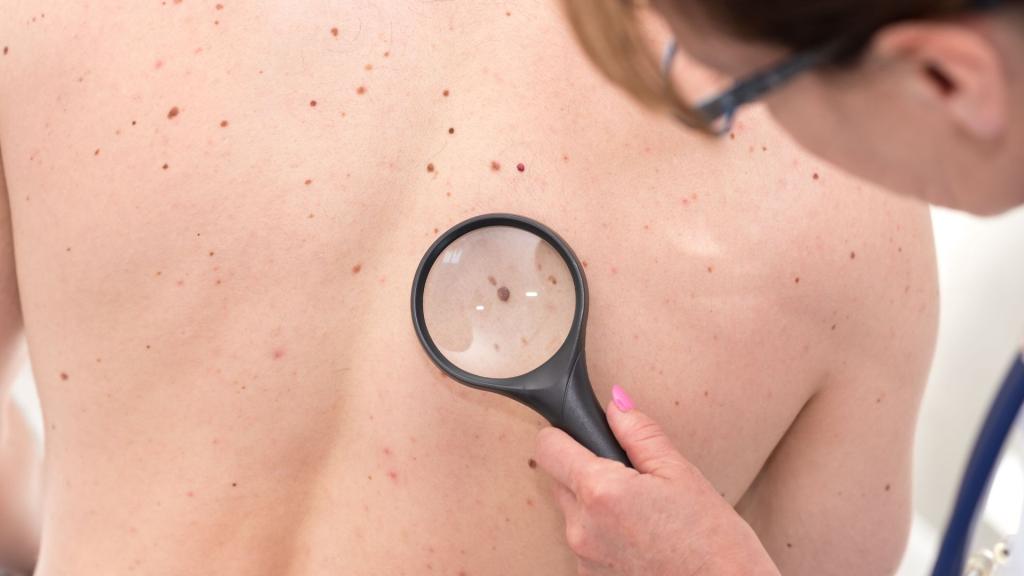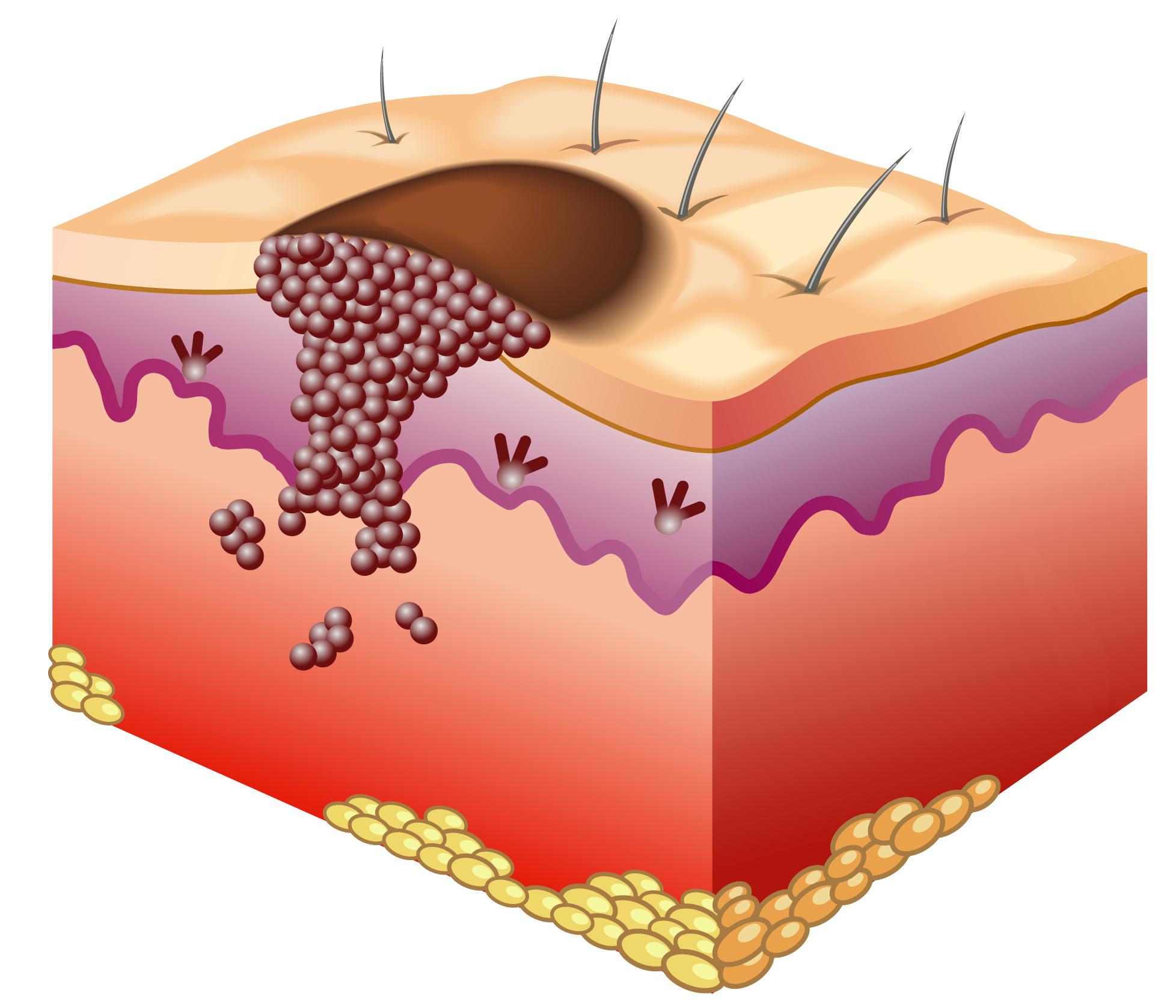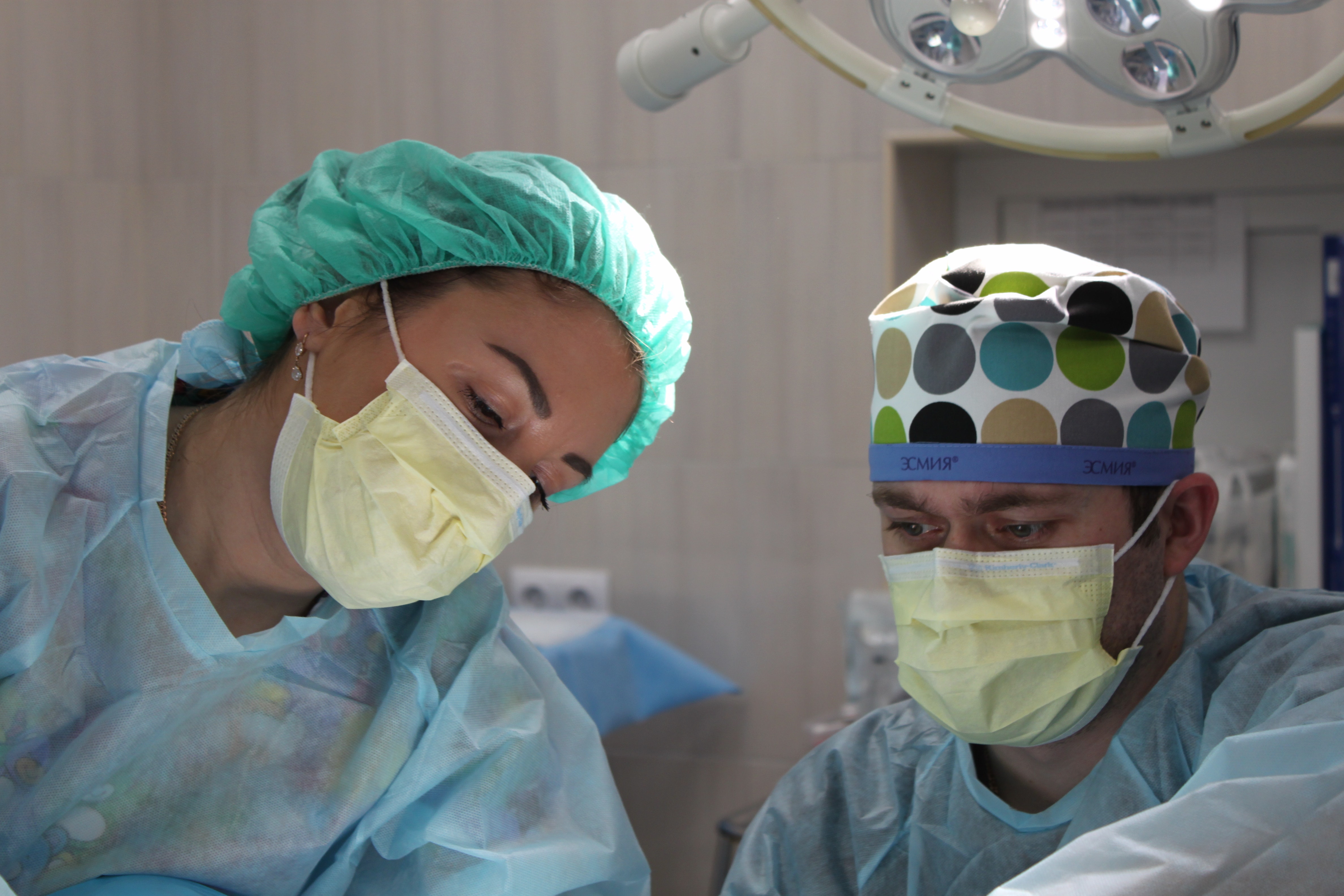
Melanoma
About 1,290 people are diagnosed with melanoma skin cancer each year in Ireland.
Everyone is at some risk of developing melanoma. However, your risk may increase depending on factors such as sun exposure, number of moles on the skin, skin type and family history (genetics).
On this page:
What is melanoma?
Melanoma is a type of skin cancer that affects melanocytes, the cells that make melanin. Melanoma happens when melanocytes change and grow out of control.
The cell changes usually start in the surface of the skin, either in a mole or in normal skin. If not caught early, it can spread to other parts of your body.
In rare cases, melanoma may develop in other parts of your body. For example, your eye, mouth, under your finger nails or toe nails or in your lungs or bowel. Ask your consultant or call our Support Line on 1800 200 700 for more information if you have one of these rarer types of melanoma.

About your skin
The skin is the outer covering of your body. The skin has two main layers:
- The outer layer (epidermis)
- The inner or deeper layer (dermis)
The outer layer has three types of cells:
- Flat, scaly cells called squamous cells.
- Rounder cells called basal cells, found below the squamous cells.
- Cells that give skin its colour (melanocytes). These are in between the basal cells.
Non-melanoma skin cancer affects the squamous cells and basal cells.
Melanoma skin cancer affects the melanocytes.
The deepest layer called the dermis has blood and lymph vessels, hair roots and sweat glands.
More information about melanoma
Learn about the stages of melanoma
More information about treatment for melanoma
Treatment for melanoma includes surgery, targeted therapies and chemotherapy.
For more information about treatments for melanoma, visit our treatment page. For information about particular treatments and post-treatment, see the links below.
Looking for support?
Our cancer support section contains information and advice on coping with cancer for diagnosed patients and their loved ones.

An A4 poster to download, share, or print.


Medical content reviewed by Aoife Lally MD FRCPI, Associate Professor and Consultant Dermatologist; Katrina Fogarty, Clinical Nurse Specialist Melanoma; Emma O'Riordan, Oncology Liaison Nurse. Oct 2022.
*The Irish Cancer Society uses the most up-to-date cancer statistics from the National Cancer Registry Ireland, available on www.ncri.ie
The Irish Cancer Society uses the most up-to-date cancer statistics from the National Cancer Registry Ireland, available on www.ncri.ie
For more information
Phone
1800 200 700










